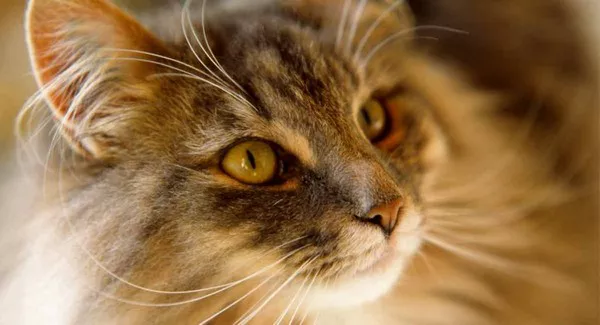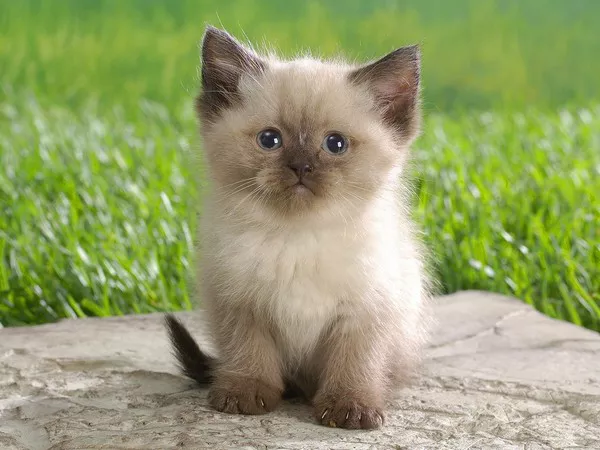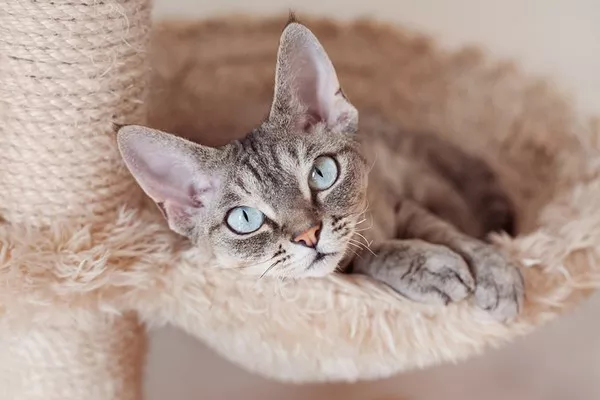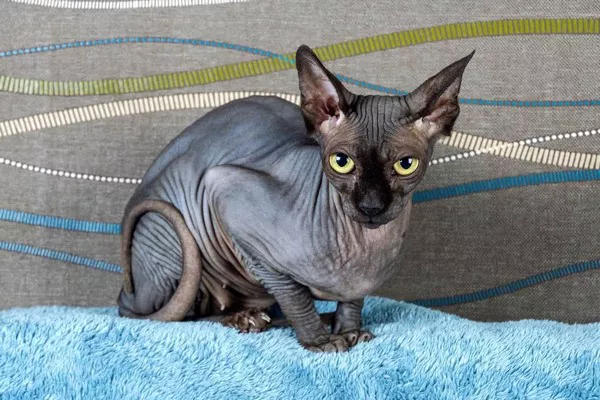Diarrhea and vomiting are common gastrointestinal issues in kittens and can be caused by various factors, including dietary indiscretion, infections, parasites, or underlying health conditions. When a kitten experiences these symptoms, it is important to provide appropriate care to alleviate their discomfort and promote recovery. In this article, we will discuss the causes of diarrhea and vomiting in kittens and provide comprehensive guidance on feeding them during this period. By understanding the potential causes and implementing the right dietary strategies, kitten owners can help their furry companions overcome these digestive issues and restore their health.
Understanding Diarrhea and Vomiting in Kittens
a. Causes of Diarrhea: Diarrhea in kittens can occur due to dietary changes, food allergies, bacterial or viral infections, parasites, stress, or underlying health conditions.
b. Causes of Vomiting: Vomiting can be triggered by similar factors as diarrhea, including dietary indiscretion, infections, parasites, and other medical conditions.
c. Potential Dangers: Prolonged or severe diarrhea and vomiting can lead to dehydration, electrolyte imbalances, weight loss, and nutrient deficiencies in kittens. Prompt attention and appropriate management are necessary to ensure their well-being.
When to Seek Veterinary Care
a. Mild Symptoms: If your kitten has a single episode of mild diarrhea or vomits once without any other concerning symptoms, you may try managing the issue at home initially. However, monitor their condition closely and seek veterinary care if symptoms worsen or persist.
b. Severe or Persistent Symptoms: If your kitten experiences severe or persistent diarrhea, multiple episodes of vomiting, lethargy, loss of appetite, blood in the stool or vomit, or other concerning signs, it is crucial to seek immediate veterinary attention.
Managing Diarrhea and Vomiting
a. Assessing Fluid Balance: Dehydration is a common concern with diarrhea and vomiting. Check your kitten’s hydration status by monitoring their skin elasticity and moistness of their gums. If dehydration is suspected, contact your veterinarian for guidance on rehydration methods.
b. Withholding Food: In the initial stages of diarrhea and vomiting, it is advisable to withhold food for a short period (around 12-24 hours) to allow the gastrointestinal tract to rest.
c. Offering Water: Provide access to fresh, clean water to prevent dehydration. If your kitten is not drinking voluntarily, consider offering small amounts of water using a syringe or dropper to encourage hydration.
Transitioning to a Special Diet
a. Veterinary Consultation: Consult your veterinarian for an accurate diagnosis and tailored dietary recommendations based on your kitten’s condition.
b. Easily Digestible Diet: A highly digestible diet is often recommended during episodes of diarrhea and vomiting. Commercially available options include prescription diets or bland homemade diets such as boiled chicken and rice.
c. Prescription Diets: Your veterinarian may recommend specific commercial diets formulated to support gastrointestinal health, such as those designed for sensitive stomachs or for kittens with food allergies.
d. Home-Prepared Diets: If advised by your veterinarian, you can prepare a homemade diet consisting of a lean protein source (e.g., boiled chicken, turkey, or fish) and easily digestible carbohydrates (e.g., rice or sweet potatoes). Follow your veterinarian’s instructions on portion sizes and cooking methods.
e. Probiotics and Digestive Enzymes: Your veterinarian may suggest adding probiotics or digestive enzymes to support digestive health and restore the balance of beneficial bacteria in the gut.
Gradual Diet Transition
a. Slow Introduction: When introducing a new diet, do so gradually by mixing small amounts of the new food with the old food over several days. This helps prevent further digestive upset.
b. Monitoring Response: Observe your kitten’s response to the new diet. If symptoms improve, continue with the diet as recommended. If symptoms persist or worsen, contact your veterinarian for further guidance.
Feeding Tips for Kittens with Digestive Issues
a. Small and Frequent Meals: Offer small, frequent meals to avoid overwhelming the digestive system. This allows for better digestion and absorption of nutrients.
b. Monitoring Appetite: Pay attention to your kitten’s appetite. If they are not interested in food or are refusing to eat, contact your veterinarian for guidance.
c. Hydration: Ensure your kitten stays hydrated by providing fresh water at all times. In cases of severe dehydration, your veterinarian may recommend additional hydration methods, such as subcutaneous fluid therapy.
d. Avoiding Treats and Table Scraps: During episodes of diarrhea and vomiting, it is best to avoid giving treats or table scraps to prevent further digestive disturbances.
Gradual Transition to Regular Diet
a. Veterinary Guidance: Once your kitten’s diarrhea and vomiting have resolved, consult your veterinarian for guidance on transitioning them back to their regular diet.
b. Slow Transition: Gradually reintroduce their regular diet by mixing increasing amounts of the old food with the new food over several days.
c. Monitoring Response: Observe your kitten’s response to the diet transition. If they continue to have normal bowel movements and show no signs of digestive discomfort, you can fully transition them back to their regular diet.
Preventive Measures and Long-Term Care
a. Proper Nutrition: Provide a nutritionally balanced diet appropriate for kittens to support their overall health and maintain a healthy gastrointestinal system.
b. Parasite Prevention: Follow your veterinarian’s recommendations for regular deworming and parasite prevention to minimize the risk of gastrointestinal issues.
c. Stress Reduction: Minimize stressors in your kitten’s environment as much as possible, as stress can contribute to digestive disturbances. Provide a calm and secure living space for optimal well-being.
Conclusion
Managing diarrhea and vomiting in kittens requires careful attention, appropriate veterinary care, and a tailored feeding approach. While withholding food and offering water initially may help alleviate digestive distress, it is essential to consult with a veterinarian for a comprehensive diagnosis and specific dietary recommendations. Transitioning to a highly digestible diet and gradually reintroducing the regular diet, under veterinary guidance, can support your kitten’s recovery. Monitoring your kitten’s response to the diet, maintaining hydration, and providing a stress-free environment are key factors in their overall well-being. By following these guidelines and seeking veterinary care as needed, you can help your kitten overcome diarrhea and vomiting, ensuring their health and happiness.



























